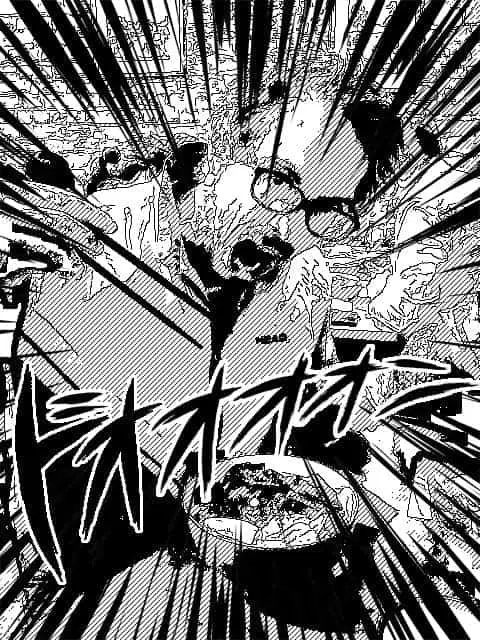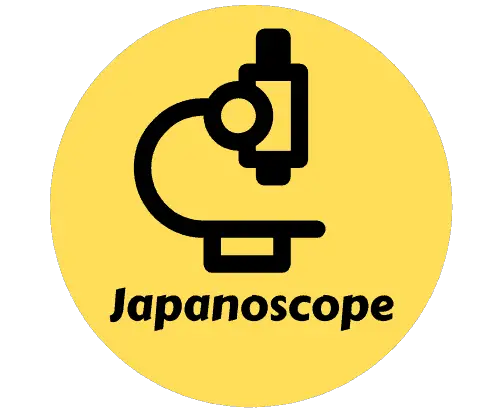Today we translate an article from the Shukan Bunshun that outlines how Hana Kimura’s mother, Kyoko Kimura, is petitioning Japan’s broadcasting watchdog to examine how the show Terrace House was set up in a way that ultimately led to Hana’s demise.
Along with the text, we read the article in Japanese, then in English, then sentence by sentence in both languages.
Original Article from Shukan Bunshun
自ら命を絶った木村花さん(享年22)の母・響子さん(43)が、7月15日、BPO(放送倫理・番組向上機構)に対し、放送による人権侵害があったとして審議を申し立てたことが、「週刊文春」の取材で分かった。
自殺の原因となったのは3月31日にNetflixで配信された第38話「コスチューム事件」。花さんが同居人の帽子をはたくシーンが流れ、花さんのSNSに誹謗中傷が殺到した。配信当日、精神的に追い詰められた花さんが自殺未遂を起こしたにもかかわらず、フジは5月14日にYouTubeで「コスチューム」事件の続編(未公開映像)を3本立て続けに公開し、5月23日には地上波で本編を放送した。その5日後の5月23日、花さんは自ら命を絶つ。
響子さんは「週刊文春」の取材に対し、「コスチューム事件」の撮影において、スタッフから花さんに対し「ビンタしたらいいじゃん」などとやらせ指示があったことを証言。それを裏付ける花さんのLINEメッセージも携帯電話に多数残されていた。また、帽子をはたかれた同居人の小林快さんも、生前の花さんから「(帽子をはたいたのは)本心からではなくスタッフに煽られた行為だった」と謝罪を受けていたことを明かし、やらせの常態化も告発した(7月9日発売号)。
花さんら出演者がスタッフからの理不尽な要求に従い続けた背景には、フジ側と交わした「同意書兼誓約書」の存在がある。28項目ある誓約書の中には「演出指示に従うこと」をはじめ、「途中リタイアしないこと」「写真週刊誌などの雑誌に口外しないこと」「(制作側に)SNSのアカウント情報を開示すること」などという文面が並び、これらの誓約条項に違反し、放送・配信が中止になった場合は、出演者が放送回分の制作費を無条件に賠償すると記載されていた。
パワハラや名誉棄損問題に詳しい大城聡弁護士が指摘する。
「台本はなく、自由に共同生活を送っているかのように放送しているが、巨額の損害賠償の可能性をちらつかせた現代の“奴隷契約”とも言える誓約書兼同意書によって出演者個人の意思が制作側に制限される強い支配構造があったといえる。制作側による演出の態様によっては、憲法13条の自己決定権が奪われていたことになる。また、凶暴な悪役という虚像が本当の人格として視聴者に結びつけられ、SNSの炎上は生まれた。この点から放送によって人格権も侵害されていたともいえる。BPOではやらせがあったかどうかの放送倫理の問題だけでなく、人権侵害があったかどうかも審議されるべきです」
フジは7月3日の社長会見で、「無理強いはしていない」「感情表現をねじ曲げるような指示はしていない」「花さんと話し合った上で撮影や配信を行った」と主張。また、社内調査中だとし、検証結果は遺族感情を踏まえながら公表するとしている。
こうしたフジの説明に不信感を抱く響子さんは7月15日付でBPOの放送人権委員会に申し立てを行い、「週刊文春」の取材に次のように答えた。
「花や共演者、スタッフの証言から分かってきたのは、フジテレビさんが花を人間として扱ってはいなかったということ。フジ側はあたかも制作側と花が対等かのように説明していますが、これはイジメやパワハラの論理と同じです。2度と同じ悲劇が起きないようにするためにも、フジは花の死にきちんと向き合って欲しい」
English Translation
As outlined in the Weekly Bunshun magazine, Kyoko (43), the mother of Hana Kimura who took her own life at the age of 22, lodged a request with the Broadcast Ethics and Program Improvement authority on the 15th of July to examine whether human rights infringements had occurred in Fuji Television’s Terrace House broadcasts.
The cause of the suicide is the “Costume incident” that aired on the 31st of March on the 38th episode of the Netflix program. In the episode, Hana is seen to strike the hat off one of her housemates, leading Hana Kimura’s social media accounts to be flooded with abusive comments. Paying no heed to the desperate mental state that led to Kimura’s failed suicide attempt on the day of the broadcast, Fuji Television released 3 videos on youtube on the 14th of May featuring unreleased footage continuing the “costume incident” theme and then put to air a larger program on the 23rd of May. Five days later, Kimura took her own life.
In coverage by the Shukan Bunshun magazine, Kyoko Kimura stated that production staff had instructed Hana to “go ahead and give him a slap”. This statement is backed up by numerous messages in the Line app on Hana’s phone. Further, the house mate Kai Kobayashi who had his hat struck off has made clear that he received an apology from Hana saying “I never wanted to hit your hat off. I was made to do it by production staff.” and that “fake” scenes had become the norm on the show.
Behind the unreasonable demands that Hana and other participants continuously bowed to was the Letter of Consent cum contract that they had entered into. In the 28 items of the contract were a parade of statements that included (the participant must) “obey performance instructions”, “must not give up during production”, “must not communicate with weekly photographic magazines”, and “must inform production staff of all social media account information”. In the event of contract violation and broadcast cancellations participants were required to make recompense of the production costs of broadcast episodes.
According to one lawyer well acquainted with matters of Power Harassment and defamation, Oshiro Satoru
While creating an appearance of housemates freely going about their lives unscripted, we can say there was a compelling structure of domination controlling participants by holding the possibility of a large scale compensation claim over them, amounting to a modern “contract of slavery”. The terms set out relating to performance from the production staff stole the participants right to self determination as set out in clause 13 of the Constitution. In being presented as a violent villain, Kimura’s true character was entwined with a false image in the eyes of the viewer, leading to a social media explosion. In this way, we can say that the broadcast was in violation of Kimura’s personal rights. The BPO should consider not just the ethical implications of whether or not there was false staging, but also whether there was a violation of human rights.
In a statement on the third of July, Fuji television’s president said “we have not used any compulsion”, “ We have made no instructions to make people change their emotional expression”, “we shot and broadcast in full consultation with Hana”. He further said that the company was conducting an internal investigation, and the results would, in consideration of the feelings of family members, be released to the public.
Holding suspicions regarding the veracity of these explanations, Kyoko Kimura lodged a statement with the BPO Committee on Broadcast Human Rights on the 15th of July, and told the Shukan Bunshun,”What we have understood from the statements of Hana and her fellow performers is that Fuji Television did not treat Hana as a human being. The Fuji camp is trying to make it out as if the production team and Hana were on a level footing. This is the logic of bullying and power-based harassment. In order for this tragedy to never ever repeat, I want Fuji to properly face up to the death of Hana.
Language Learning Program Reviews
Japanoscope is a registered affiliate with several online shops and may receive a commission when you click on some of the links within content.

Who is behind this site?
I’m Peter Joseph Head. I lived in Japan for four years as a student at Kyoto City University of the Arts and on working holiday. I have toured the country six times playing music and speak Japanese (JLPT N1).
ピータージョセフヘッドです。3年間京都市立芸大の大学院として、一年間ワーキングホリデーとして日本に住み、6回日本で音楽ツアーをし、日本語能力試験で1級を取得しました。要するに日本好きです。
Podcast: Play in new window | Download
